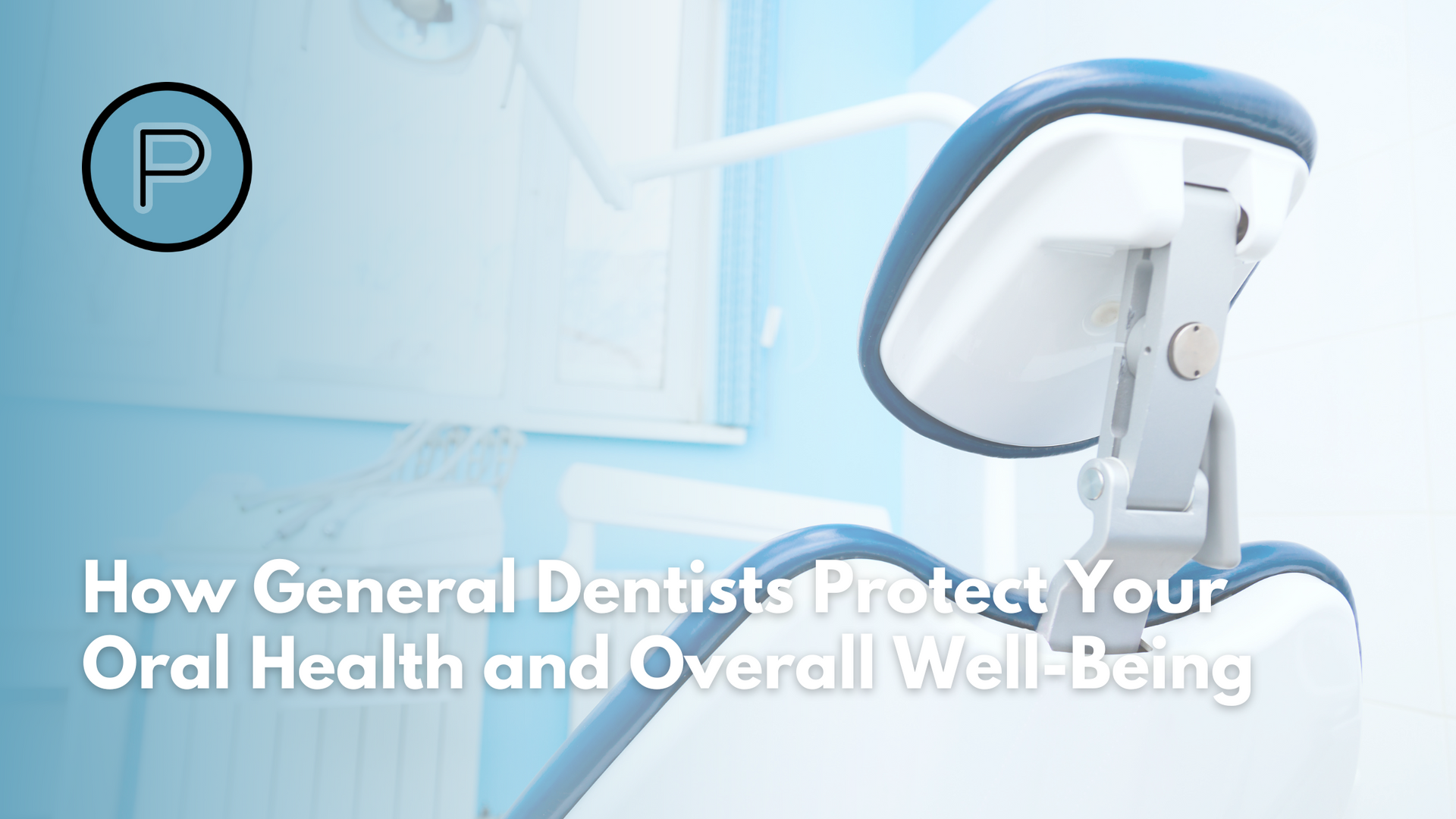Wisdom teeth are the third set of molars in the human mouth and generally come in when a person reaches their late teens or early twenties. Wisdom tooth removal is a procedure seemingly so common that it can feel like a rite of passage, however, this is not always the case. Some people do not have any wisdom teeth at all and others are fortunate enough to have them grow in correctly and well-aligned, requiring no removal. When these teeth grow in as they are supposed to, they can actually be quite helpful with chewing. Despite all of this, many people encounter complications with their wisdom teeth, which is when removal becomes the right option.
Wisdom Tooth Complications
The most common complications related to or caused by wisdom teeth include:
- Impacted teeth : When a wisdom tooth is impacted, it has not broken through and remains below the gums. While this does not always cause complications, it can often lead to swelling, pain, tooth decay or gum inflammation. A recent study found that up to 80% of European young adults have at least one impacted wisdom tooth.
- Damage or pain caused to nearby teeth : Wisdom teeth can often grow in at improper angles, causing them to put pressure on neighboring molars. At the very least, this can cause pain or discomfort, but it can also cause damage to the teeth or lead to misalignment that begins to affect additional teeth. This misalignment is especially common in those with smaller jaws or crooked front teeth.
- Improper development of other teeth: Impacted or improperly aligned wisdom teeth can cause other teeth to develop in ways they shouldn’t, which could require orthodontic work in the future. They can also interfere with other treatments that were already planned, such as braces or aligner trays.
- Tooth decay and oral infections: The first two sets of molars are already “danger zones” for bacteria and decay, as they are more difficult to reach with toothbrushes and dental floss. This is a problem worsened by the development of teeth that are even further back in the mouth.
Wisdom Tooth Removal
If someone is experiencing one or more of the above complications, their dentist will likely recommend the removal of their wisdom teeth. Removal is technically a surgical procedure, which means that some patients may be referred to an oral surgeon; however, the right family dentist will have the education and training to perform the procedure right in their office , which can be a more comfortable and familiar setting for current patients.
The procedure itself is fairly short, often completed in less than 45 minutes. Patients are generally given a choice of anesthesia: local, general, or IV sedation. The latter two options may require someone else to drive them home after the surgery. Patients should plan to clear their schedules for the rest of the day to recover but should be ready to return to normal activities by the next day.
If you have more questions about wisdom teeth complications or removal, give Petersen Family Dentistry a call at (720) 308-9798 or contact us online .





